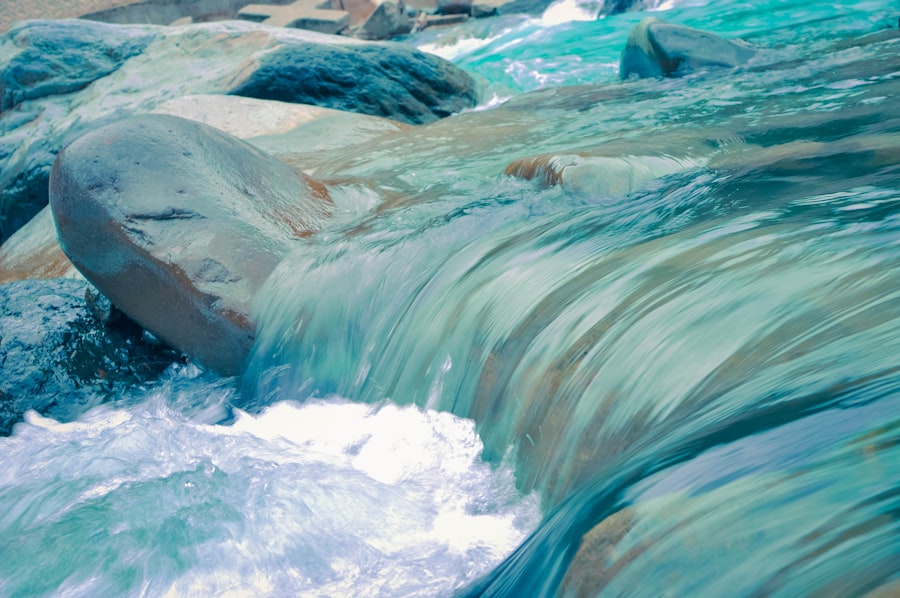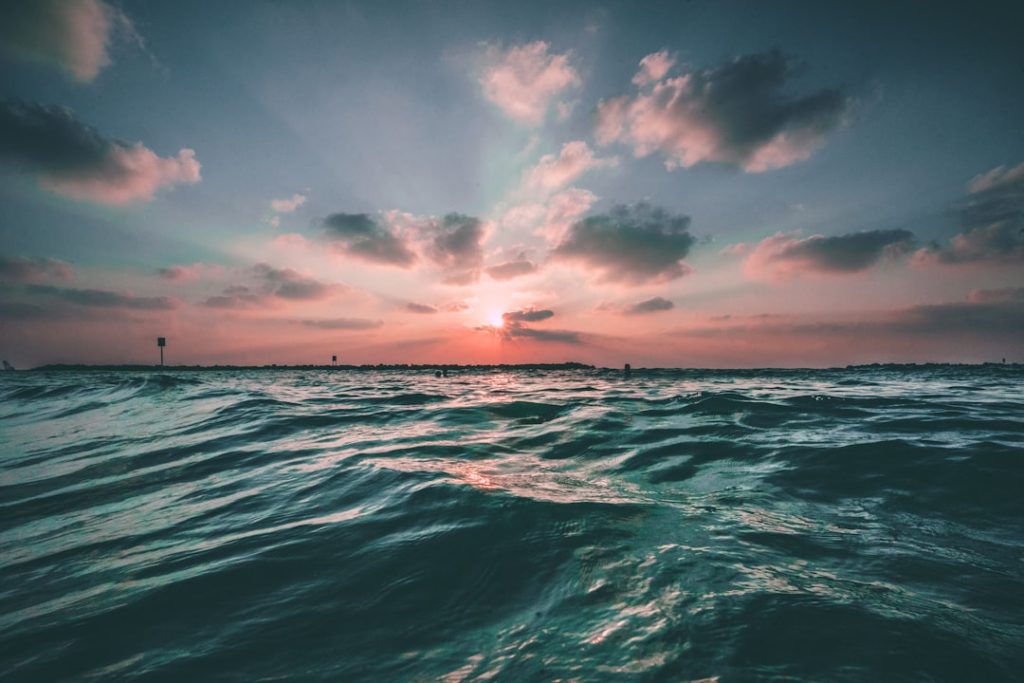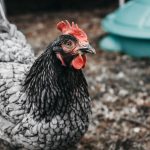During winter, chickens face the risk of dehydration due to frozen water sources. Lack of water access can lead to various health issues in chickens, including decreased egg production, poor feather quality, and in severe cases, death. Water is crucial for chickens to regulate their body temperature, and without it, they become more vulnerable to cold stress.
When water is unavailable, chickens may resort to eating snow or ice, which can exacerbate dehydration, lower body temperature, and cause digestive problems. In extreme situations, this behavior can lead to hypothermia. Chicken owners must understand these risks and take proactive measures to ensure their flock has constant access to unfrozen water throughout the winter months.
It is essential for chicken keepers to be aware of the potential dangers associated with frozen water sources and implement strategies to prevent dehydration in their flock during cold weather. Providing reliable, unfrozen water sources is crucial for maintaining the health and well-being of chickens in winter conditions.
Table of Contents
- 1 Choosing the Right Watering System for Winter
- 2 Insulating Water Containers
- 3 Using Heated Waterers
- 4 Adding Warm Water to the Waterers
- 5 Creating a Sheltered Area for Watering
- 6 Monitoring and Maintaining Watering Systems
- 7 FAQs
- 7.1 How can I keep my chickens’ water from freezing in winter?
- 7.2 What are heated waterers and how do they work?
- 7.3 How can I insulate my chickens’ water containers to prevent freezing?
- 7.4 What is a heated base and how does it help prevent water from freezing?
- 7.5 Are there any natural methods to prevent chickens’ water from freezing?
Key Takeaways
- Frozen water can pose serious risks to chickens, including dehydration and decreased egg production.
- Choosing the right watering system for winter is crucial to ensure chickens have access to unfrozen water.
- Insulating water containers can help prevent water from freezing in cold temperatures.
- Using heated waterers is an effective way to ensure chickens have access to water in winter.
- Adding warm water to the waterers can help prevent freezing and provide chickens with a source of warmth.
Choosing the Right Watering System for Winter
Heated Watering Systems
One popular choice is a heated waterer, which is designed to prevent water from freezing in cold temperatures. Heated waterers come in various sizes and styles, including heated water bowls and heated water fountains.
Insulated Water Containers
Another option is an insulated water container, which can help keep water from freezing for longer periods of time. Insulated water containers are typically made of double-walled plastic or metal and are designed to provide some level of protection against freezing temperatures.
Additional Tips and Considerations
Additionally, some chicken owners opt to add warm water to their existing waterers to help prevent freezing. This can be done manually by adding warm water several times a day, or by using a heated base or pad underneath the waterer to keep the water from freezing. Lastly, creating a sheltered area for watering can also help prevent water from freezing. This can be achieved by placing the waterer in a covered area or using a specially designed shelter to protect the water source from the elements. When choosing a watering system for winter, it is important for chicken owners to consider the size of their flock, the climate in which they live, and their own personal preferences and budget.
Insulating Water Containers

Insulating water containers is an effective way to prevent water from freezing in cold temperatures. There are several methods for insulating water containers, including using double-walled containers, adding insulation material, or using specially designed insulating jackets or covers. Double-walled containers are designed with an inner and outer layer of material with an air pocket in between, which helps to provide some level of insulation against freezing temperatures.
Additionally, adding insulation material such as foam or bubble wrap to the outside of the water container can help retain heat and prevent freezing. Furthermore, there are insulating jackets and covers available on the market that are specifically designed to fit over water containers and provide additional protection against freezing temperatures. These jackets and covers are often made of durable, weather-resistant materials and can be easily removed for cleaning and maintenance.
Insulating water containers is an important step in ensuring that chickens have access to unfrozen water during the winter months. By taking proactive measures to insulate water containers, chicken owners can help prevent dehydration and keep their flock healthy and comfortable throughout the winter.
Using Heated Waterers
Heated waterers are a popular choice for chicken owners looking to prevent water from freezing in cold temperatures. Heated waterers are designed with built-in heating elements that are activated when temperatures drop below a certain threshold, preventing the water from freezing. There are several types of heated waterers available on the market, including heated water bowls, heated water fountains, and heated bases or pads that can be used with existing waterers.
Heated waterers come in various sizes and styles to accommodate different flock sizes and preferences. Some heated waterers are designed to be hung from a coop ceiling or placed on a flat surface, while others are designed to be mounted on a wall or fence. Additionally, heated waterers are available in both electric and solar-powered models, providing flexibility for chicken owners who may not have access to electricity in their coop or run.
Using heated waterers is an effective way to ensure that chickens have access to unfrozen water throughout the winter months, helping to prevent dehydration and keep the flock healthy and comfortable.
Adding Warm Water to the Waterers
Adding warm water to the waterers is a simple yet effective way to help prevent freezing in cold temperatures. By adding warm water several times a day, chicken owners can help keep the water at a temperature that is less likely to freeze. Additionally, using a heated base or pad underneath the waterer can help maintain a consistent temperature and prevent freezing.
Adding warm water to the waterers is a cost-effective solution for preventing frozen water and can be easily incorporated into daily chores. Furthermore, adding warm water to the waterers can also help encourage chickens to drink more during the winter months. In cold temperatures, chickens may be less inclined to drink cold water, so providing warm water can help ensure that they stay hydrated.
It is important for chicken owners to monitor the temperature of the water and add warm water as needed throughout the day to prevent freezing. By adding warm water to the waterers, chicken owners can help ensure that their flock has access to unfrozen water and reduce the risk of dehydration during the winter months.
Creating a Sheltered Area for Watering

Creating a Sheltered Area for Watering
Creating a sheltered area for watering is an effective way to protect water sources from freezing temperatures. This can be achieved by placing the waterer in a covered area such as a coop or run, or by using a specially designed shelter or cover to protect the water source from the elements.
Preventing Freezing and Ensuring Access to Unfrozen Water
By creating a sheltered area for watering, chicken owners can help prevent freezing and ensure that their flock has access to unfrozen water throughout the winter months.
Protecting the Waterer from Damage
Additionally, creating a sheltered area for watering can also help protect the waterer itself from damage caused by freezing temperatures and inclement weather. By providing a protective covering for the water source, chicken owners can help extend the life of their watering system and reduce maintenance and replacement costs.
Ensuring Chicken Health and Well-being
Creating a sheltered area for watering is an important step in ensuring that chickens have access to unfrozen water during the winter months and can help prevent dehydration and other health issues associated with frozen water sources.
Monitoring and Maintaining Watering Systems
Monitoring and maintaining watering systems is crucial for ensuring that chickens have access to unfrozen water throughout the winter months. Chicken owners should regularly check their watering systems for signs of freezing or damage and take proactive measures to prevent issues from occurring. This may include adding warm water as needed, insulating water containers, using heated waterers, or creating a sheltered area for watering.
Additionally, regular maintenance such as cleaning and sanitizing waterers is important for ensuring that chickens have access to clean and safe drinking water. Dirty or contaminated water can lead to health issues such as bacterial infections or disease, so it is essential for chicken owners to regularly clean and maintain their watering systems. By monitoring and maintaining watering systems, chicken owners can help prevent freezing and ensure that their flock has access to unfrozen, clean water throughout the winter months.
In conclusion, understanding the risks of frozen water for chickens is crucial for ensuring the health and well-being of your flock during the winter months. By choosing the right watering system, insulating water containers, using heated waterers, adding warm water, creating a sheltered area for watering, and monitoring and maintaining watering systems, chicken owners can help prevent dehydration and keep their flock healthy and comfortable throughout the winter. Taking proactive measures to prevent frozen water sources is essential for ensuring that chickens have access to clean, unfrozen water at all times and can help prevent a variety of health issues associated with dehydration and cold stress.
If you’re looking for tips on how to keep your chickens’ water from freezing in the winter, you might also be interested in learning about the best chicken coop for your flock. Check out this article on Snaplock Chicken Coop to find out how to provide a comfortable and secure home for your chickens.
FAQs
How can I keep my chickens’ water from freezing in winter?
To prevent your chickens’ water from freezing in winter, you can use heated waterers, insulate the water containers, or use a heated base under the waterer.
What are heated waterers and how do they work?
Heated waterers are specially designed water containers that have a built-in heating element to prevent the water from freezing. They typically plug into an electrical outlet and keep the water at a temperature that prevents freezing.
How can I insulate my chickens’ water containers to prevent freezing?
You can insulate your chickens’ water containers by wrapping them in foam insulation or using insulating materials such as bubble wrap or old blankets. This helps to retain the heat from the water and prevent it from freezing.
What is a heated base and how does it help prevent water from freezing?
A heated base is a platform that sits underneath the waterer and provides a constant source of heat to prevent the water from freezing. It typically plugs into an electrical outlet and keeps the water at a temperature that prevents freezing.
Are there any natural methods to prevent chickens’ water from freezing?
One natural method to prevent chickens’ water from freezing is to use black water containers, as they absorb more sunlight and heat, which can help prevent freezing. Additionally, placing the water containers in a sunny spot can also help prevent freezing.
Meet Walter, the feathered-friend fanatic of Florida! Nestled in the sunshine state, Walter struts through life with his feathered companions, clucking his way to happiness. With a coop that’s fancier than a five-star hotel, he’s the Don Juan of the chicken world. When he’s not teaching his hens to do the cha-cha, you’ll find him in a heated debate with his prized rooster, Sir Clucks-a-Lot. Walter’s poultry passion is no yolk; he’s the sunny-side-up guy you never knew you needed in your flock of friends!







